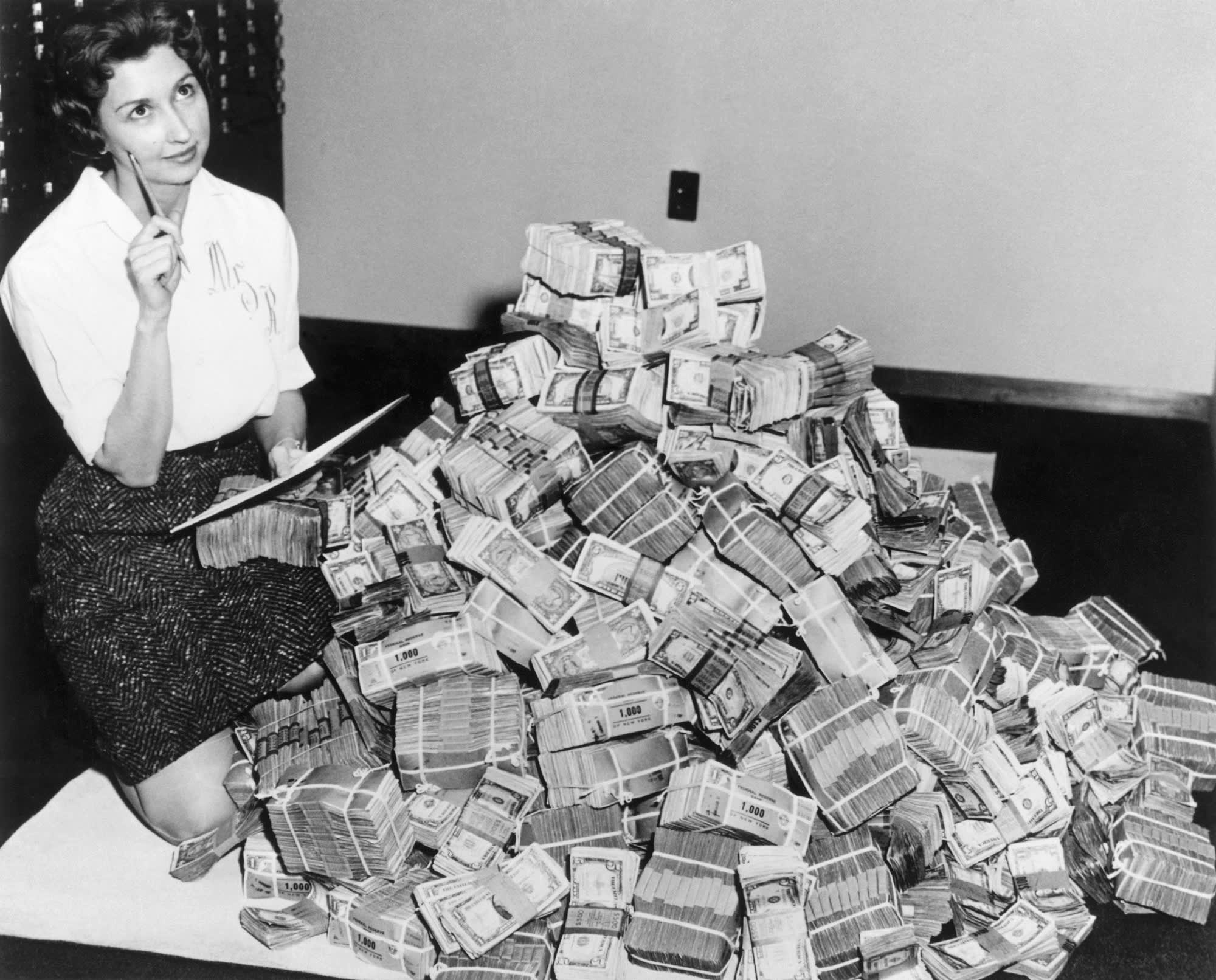Getty Images
If you’re like many Americans, the Covid-19 pandemic has prompted a financial reality check: You haven’t saved enough.
A recent Bankrate survey found that 55% of Americans have regrets over their emergency savings, or lack thereof.
Experts agree that having an emergency fund can help you whether you face a job loss or other unexpected event.
Yet you may not know how or where to start, particularly now that the Federal Reserve has kept interest rates near zero, which means you will make less interest on your money.
These tips can help you get started.
Make it a habit to pay yourself first
If you do not make saving a habit, you likely won’t be able to successfully build an emergency fund.
The best way to make sure you get it done: Set up a direct deposit from your paycheck into a dedicated savings account, said Greg McBride, chief financial analyst at Bankrate.
“That way, the savings happens even before you roll out of bed on payday morning,” McBride said.
If instead you wait to put the funds in the account after you’re paid, you run the risk that you won’t have the money or will make deposits inconsistently, he said.
Be strategic about where you keep your money
The best place to keep your emergency fund is often an online savings account, experts say.
“Online savings accounts have the best returns, so you can preserve the buying power of that money,” McBride said.
Having that stash of extra cash means you’ll be ready when an unexpected expense — or an unforeseen opportunity — arises.
“You want emergency savings that is going to be like your spouse,” McBride said. “It is going to be your partner for life.”
Experts generally recommend having at least six months’ worth of living expenses on hand. If you’re a business owner or sole breadwinner, nine to 12 months is more ideal, McBride said.
Make sure your account is federally insured
Having insurance from the the Federal Deposit Insurance Corp. on the money you’ve put into savings is key. That way, up to $250,000 of your deposit is typically covered per bank.
You can verify your bank is covered by going to the FDIC website, McBride said. Often, you financial institution will include the name under which they are listed with the FDIC at the bottom of their website.
It’s also important to pay attention to what kind of account you have.
More from Your Money Your Future:
Here are the hidden benefits of a Roth IRA conversion
How to pay off student loans while saving for retirement
Don’t miss the tax advantages of this savings account
Money market funds are generally considered safe, McBride said. But during the 2008-09 Financial Crisis, one large fund broke the buck, meaning its net asset value fell below $1.
Consequently, you might want to think twice before putting your emergency cash in one of those funds.
“It’s a great parking place in your brokerage account if you’re looking to buy stocks that have been hit,” McBride said of money market funds. “But if you’re looking to pay the rent, and you’re not sure you’re going to have a paycheck to do it, make sure it’s in a federally insured savings account.”
